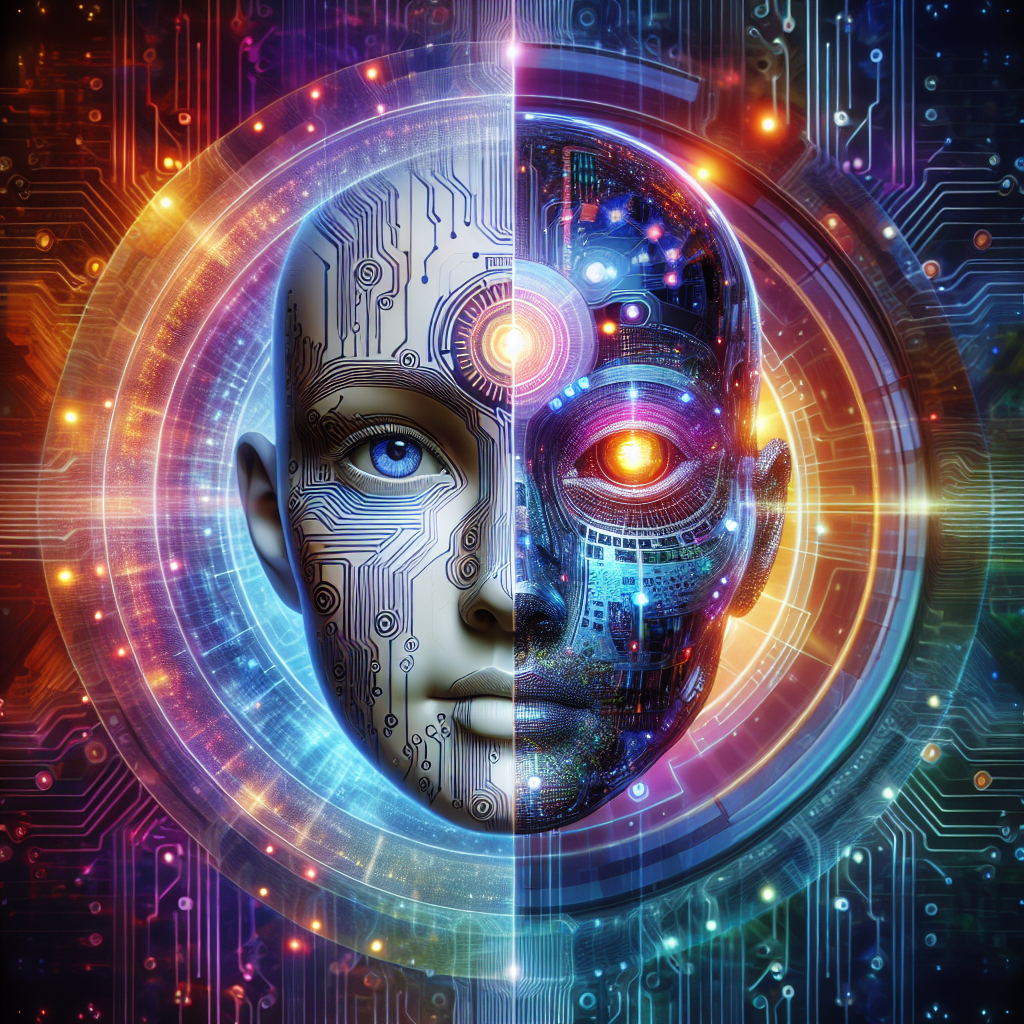The Future of AGI: How Close Are We to Achieving True Artificial Intelligence?
Artificial General Intelligence (AGI) is the ultimate goal of the field of artificial intelligence. AGI refers to a machine that can perform any intellectual task that a human can do. This includes tasks such as reasoning, problem-solving, understanding natural language, and learning from experience. While we have made significant progress in the field of AI in recent years, achieving AGI remains a challenging and elusive goal. In this article, we will explore the current state of AI research, the challenges that need to be overcome to achieve AGI, and the potential implications of achieving true artificial intelligence.
Current State of AI Research
Artificial intelligence has made significant advancements in recent years, thanks to breakthroughs in machine learning and deep learning techniques. These advancements have enabled machines to perform tasks that were once thought to be the exclusive domain of humans, such as image recognition, natural language processing, and playing complex games like chess and Go.
One of the most significant breakthroughs in AI research in recent years has been the development of deep learning techniques, which are based on artificial neural networks that are inspired by the structure of the human brain. Deep learning has enabled machines to learn from large amounts of data and make decisions based on that data, leading to impressive advancements in areas such as speech recognition, image classification, and natural language processing.
Despite these advancements, current AI systems are still far from achieving true artificial intelligence. While they excel at specific tasks, they lack the general intelligence and versatility of human intelligence. For example, a machine that is trained to play chess at a superhuman level would struggle to perform a simple task like folding laundry or carrying on a conversation with a human.
Challenges to Achieving AGI
Achieving AGI poses several significant challenges that need to be overcome. One of the biggest challenges is developing machines that can learn and adapt to new situations in a way that is similar to human learning. While current AI systems excel at tasks that are well-defined and have clear objectives, they struggle to generalize their knowledge to new situations or adapt to changing environments.
Another challenge is developing machines that can understand and generate natural language. While AI systems have made significant advancements in natural language processing, they still struggle to understand the nuances and complexities of human language. For example, a machine may be able to translate text from one language to another, but it may struggle to understand the context or tone of the text.
Additionally, achieving AGI requires developing machines that can reason, plan, and make decisions in complex and uncertain environments. While current AI systems excel at tasks that involve pattern recognition and data analysis, they struggle to perform tasks that require higher-level cognitive abilities, such as reasoning, problem-solving, and decision-making.
Implications of Achieving True Artificial Intelligence
Achieving true artificial intelligence has the potential to revolutionize society in ways that are difficult to predict. AGI could lead to significant advancements in fields such as healthcare, education, transportation, and entertainment. For example, AGI could enable personalized medicine by analyzing vast amounts of patient data to develop customized treatment plans. It could also revolutionize education by providing personalized tutoring and adaptive learning experiences for students.
However, achieving AGI also raises significant ethical and societal concerns. For example, there are concerns about the impact of AI on the job market, as machines could potentially replace human workers in many industries. There are also concerns about the potential misuse of AI for malicious purposes, such as developing autonomous weapons or surveillance systems.
Furthermore, achieving AGI raises questions about the nature of consciousness and the ethical implications of creating machines that possess human-like intelligence. For example, if a machine is capable of reasoning, learning, and experiencing emotions, should it be granted legal rights and protections similar to those of humans?
FAQs
Q: How close are we to achieving AGI?
A: While significant advancements have been made in AI research in recent years, achieving AGI remains a challenging and elusive goal. It is difficult to predict when AGI will be achieved, as it depends on overcoming several significant challenges in AI research.
Q: What are the key challenges to achieving AGI?
A: Some of the key challenges to achieving AGI include developing machines that can learn and adapt to new situations, understand and generate natural language, and reason and make decisions in complex environments.
Q: What are the potential implications of achieving AGI?
A: Achieving AGI has the potential to revolutionize society in ways that are difficult to predict, but it also raises significant ethical and societal concerns, such as the impact on the job market, the potential misuse of AI for malicious purposes, and questions about the nature of consciousness.
In conclusion, achieving true artificial intelligence is a complex and challenging goal that poses significant ethical and societal implications. While we have made significant progress in AI research in recent years, achieving AGI remains a distant goal that will require overcoming several significant challenges. As we continue to advance the field of AI, it is essential to consider the potential implications of achieving true artificial intelligence and to ensure that AI is developed and used in a responsible and ethical manner.

